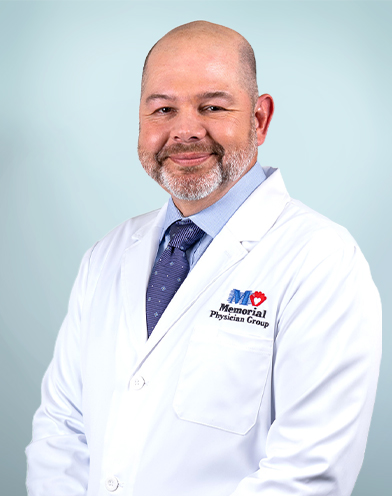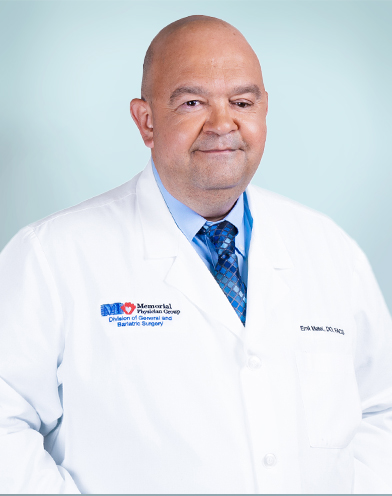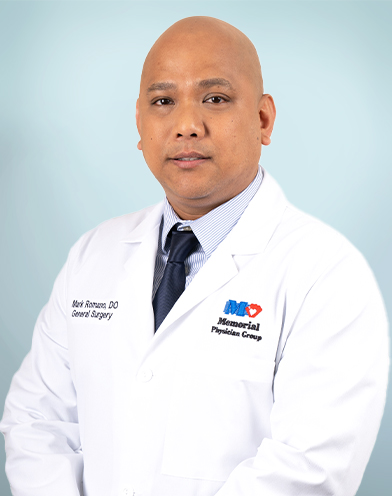Biliary and Gallbladder Surgery
Exceptional care with minimally invasive surgery for biliary and gallbladder conditions, including appendectomy, gallbladder removal and pancreas surgery.
Explore our Biliary and Gallbladder Surgery Services
At Memorial Healthcare System, our surgeons perform all types of surgery for biliary and gallbladder conditions. We coordinate with specialists throughout our healthcare system to get you the proper care, when you need it.
Call us to schedule an appointment with one of our surgeons
954-276-7874Biliary and Gallbladder Surgery: Why Choose Memorial Healthcare System?
Surgeons at Memorial Healthcare System perform both emergency and planned gallbladder and biliary procedures. Count on us for:
- Less invasive surgery: All our surgeons have extensive training in advanced minimally invasive surgery, including laparoscopic and robotic procedures. Minimally invasive surgery offers better surgical outcomes, faster recovery and lower risk of complications.
- Personalized care: Our surgeons take time to get to know patients and their individual needs before recommending a treatment plan. Patients receive hands-on support from diagnosis to recovery, including ample time to ask questions about conditions and procedures.
- Improved access: We have a large, experienced team of surgeons. When patients need elective surgery, we can see them quickly and schedule surgery promptly.
- Quality care: Our surgeons perform a high number of surgeries, which translates into better surgical skill and improved outcomes for patients.
Types of Biliary and Gallbladder Surgery We Offer
Biliary and Gallbladder Condition Symptoms
Biliary and gallbladder conditions can cause a range of mild to severe symptoms. The most common signs of a problem include:
- Dark urine
- Fever or chills
- Jaundice, where the skin and whites of the eyes turn yellow
- Nausea and vomiting
- Severe pain in the upper right abdomen, right shoulder or between the shoulder blades
Diagnosing Biliary and Gallbladder Conditions
It’s important to get a diagnosis as quickly as possible if you experience symptoms. For symptoms that come on suddenly, go to an emergency room or urgent care right away. For chronic pain, schedule an appointment to talk to your doctor or a surgeon who specializes in these conditions. Your doctor may perform these tests:
- Blood tests: These tests can show evidence of gallbladder or biliary disease with elevated levels of enzymes from the pancreas. Higher-than-normal white blood cell levels can also be a sign of infection.
- Endoscopy tests: Doctors put a small tube down your throat into the stomach or small intestine. They can use the tube to get a better ultrasound image of the gallbladder and biliary ducts. They also use the tube to inject dye visible using an X-ray into the gallbladder, liver or pancreas.
- Hepatobiliary iminodiacetic acid (HIDA) scan: With the HIDA scan, doctors inject radioactive material that travels to the person’s gallbladder. They use imaging to see where the radioactive material travels and whether the gallbladder and biliary system is working.
- Ultrasound: This test uses sound waves that generate images of organs on a screen. Doctors use ultrasound to examine the right upper part of your abdomen to look for signs of gallstones or other issues.
Call us to schedule an appointment with one of our surgeons
954-276-7874
Patient and Family Centered Care
We treat patients and family members as partners in healthcare.
















